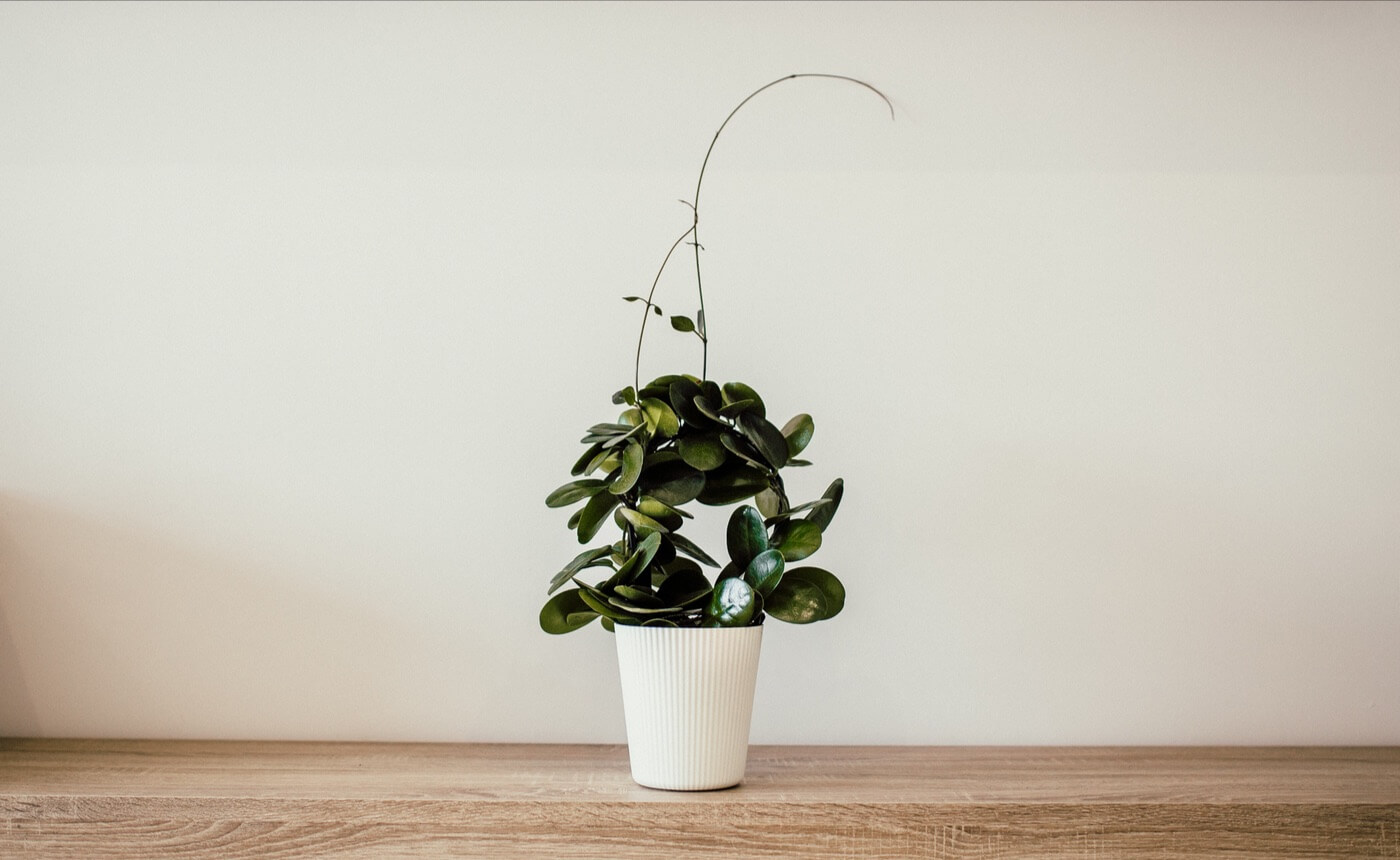UK Houseplant week—the second week in January—was designed to honour houseplants in all their glory. Research by The Royal Horticultural Society showed that houseplants not only make our houses look nice, they also improve wellbeing and productivity.
So I can feel less guilty about my lockdown houseplant spending then? My house is now a veritable feast of variegated leaves, trailing green hearts, and cacti. Whereas once I would have killed a plant off simply by looking at it, I can now tend to them with loving care and know that they are helping me as much as I’m helping them.
So why does being surrounded by indoor plants make us feel so good?
They Can Reduce Stress.
A study in Japan showed that having a desk plant significantly reduces self- assessed stress in office workers. Having a plant to look at when work became overwhelming was enough to reduce heart rate and anxiety symptoms. Having an active involvement in looking after the plant worked even better. This is because nature can provide a distraction from over-stimulation and attention-fatigue. And equally, this is not restricted to work life. Dotting small pot-plants around your house can give you a healthy-restorative distraction from everyday life.
They Can Help You Sleep.
We all know that lavender in oils is used to aid sleep, but did you know that the lavender plant itself also works? It’s the smell of lavender that helps to reduce heart rate and blood pressure, so placing a small plant on a sunny windowsill may aid deeper sleep. Valerian and Jasmine plants in all their prettiness are also known to induce sleep. Pop some petals from your plants in your bath, or inhale their scent deeply before getting into bed.
They Can Purify The Air.
The Royal Horticultural Society reported that over 4 million people are morbidly affected by pollution, and air pollution is more rife indoors than out. And whilst opening windows and keeping spaces ventilated can work to reduce air pollution, so does introducing plant life. The types of plants you can introduce into your home to help you breathe a little easier are; rubber plants, which remove harmful toxins, snake plants which remove chemicals such as the formaldehyde found in hairspray, and the pothos which will fight off any common household toxins. Spider plants, which are great for newbies as they seem pretty indestructible, are also great air purifiers.
They Increase Productivity.
Looking at plantlife and other wonders of nature can increase our productivity through shifting our brains into a different process mode. Tasks can be completed more accurately and timely because looking at plants can increase memory and attention span by as much as 20%. By filtering the chemicals (see above) and increasing oxygenation, plants in the office or by your workspace can help you focus more easily. And by reducing stress and anxiety, work can seem a little easier to get stuck into with a plant for a desk mate.
The Best Starter Plants:
So if this has made you crave a little greenery in your home but you’re not sure where to start, check out these easy to care for houseplants for beginners.
Pothos – grows quickly in pretty much any environment and can take little or low light. Only needs watering once every one or two weeks.
Spider plant – the beautiful cockroach of houseplants that will survive pretty much anywhere. Water when the soil feels dry. These also produce babies that can be cultivated and grown elsewhere in the house.
Pink Anthurium – for a pop of colour pick this easy to care for waxy leaved beauty. The colour cones from a variant in leafs colour rather than a flower. Water once every one or two weeks and keep in indirect sunlight.
ZZ Plant – don’t need a lot of looking after as they store water like a camel. They like low light, but these can be poisonous to children and animals so keep up high.
Succulents and Cacti – the ultimate in hardy house plants. These do best with little water and well drained soil. Pop them in bright light and watch them thrive on very little attention whatsoever.

